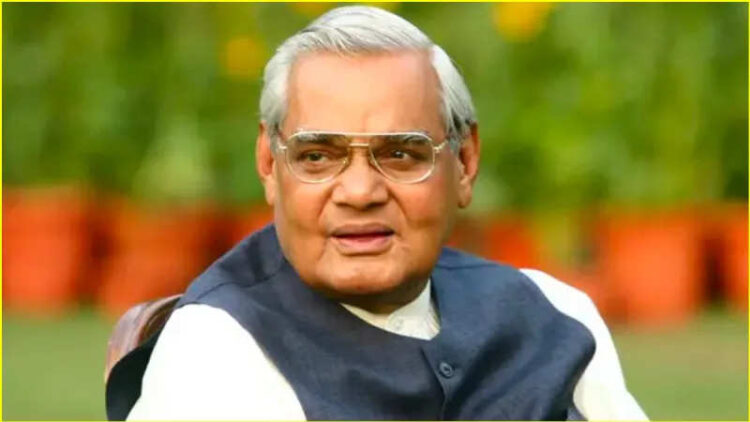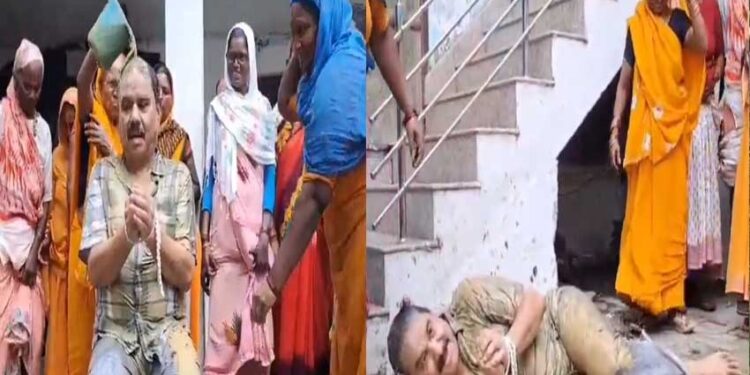The day of March 19, 1998 is considered important in the history of Indian politics, when the Bharatiya Janata Party (BJP) formed the government for the second time by the Bharatiya Janata Party (BJP) under the leadership of Atal Bihari Vajpayee. Vajpayee was sworn in as Prime Minister for the second time. His coronation was a major step towards efforts to bring stability in Indian politics. However, the government could run only 13 months. Under the leadership of Vajpayee, the BJP formed the government with the support of the National Democratic Alliance (NDA). This alliance was relatively weak and depended on many small parties for the majority. After forming the government, Vajpayee focused on strengthening the country’s economic and security policies.
Pokhran nuclear test
The Pokhran-2 nuclear test was the best achievement of the tenure of the Vajpayee government, which was conducted in Pokhran, Rajasthan in May 1998. This test established India as a strong nuclear power and increased its credibility globally. However, due to this decision, India also faced international sanctions.
Government collapse and then return
The Vajpayee government took several important decisions, but the weak link of the coalition did not let it last long. In April 1999, the AIADMK party withdrew support, due to which the government missed a majority in just 13 months. This was followed by elections again in October 1999, in which the BJP -led NDA got a clear majority and Atal Bihari Vajpayee became Prime Minister for the third time.
Vajpayee’s approach and heritage
Atal Bihari Vajpayee’s name is among the popular leaders in Indian politics. He was known as a prudent, generous and settled leader. His term may have been short in 1998, but historical decisions like Pokhran test gave India a new direction. This term of Vajpayee affected future politics and governance and his contribution will always be remembered. Vajpayee’s government fell 13 months later on 17 April 1999, as it lost the trust vote by just 1 vote in the Lok Sabha. The main reason for this was to withdraw the support of Jayalalithaa’s party AIADMK.
Main reason
AIADMK’s support withdrawal – Jayalalithaa with her party AIADMK MPs withdrew support from the government. He wanted the Vajpayee government to fulfill their demands, especially the restoration of the preferred officers of Tamil Nadu Chief Minister Jayalalithaa and relief in corruption cases, when their demands were not met, they withdrew support from the government.
Defeat in the trust vote – Atal Bihari Vajpayee tried to get the trust vote in the Lok Sabha on 17 April 1999, but he lost by just 1 vote. A total of 270 votes were cast in favor of the government and 271 votes were cast in the opposition, due to which his government fell.
The solidarity of Sonia Gandhi and the opposition – Congress, leftist parties and other opposition parties together voted for the government to demolish.
Failure to gather support – The Vajpayee government attempted to get support from other parties for the majority, but they could not persuade a sufficient number of MPs.
Results- President K.R. Narayanan gave other parties a chance to form the government, but when a new alliance could not be formed, the Lok Sabha was dissolved and the general elections were held again in 1999. In this election, the NDA got an absolute majority under Vajpayee’s leadership and became Prime Minister again.









